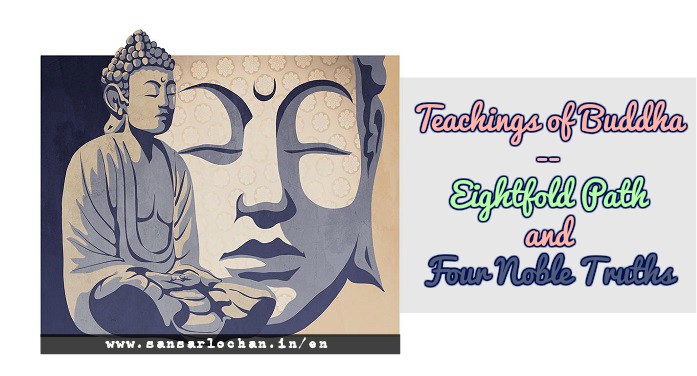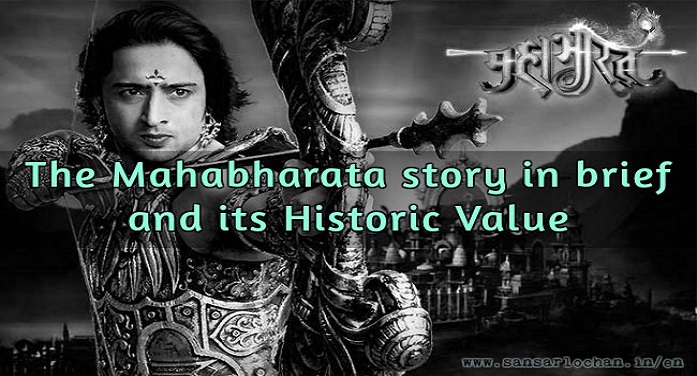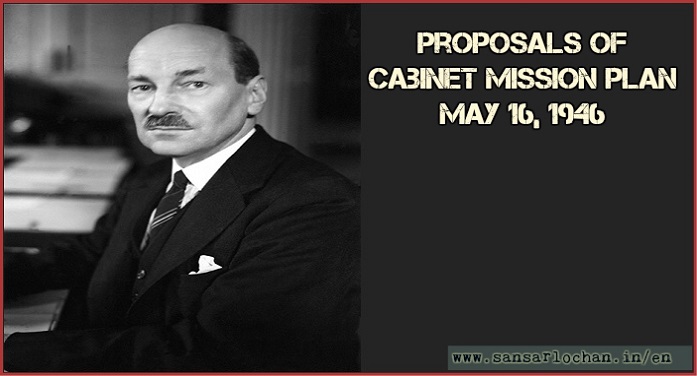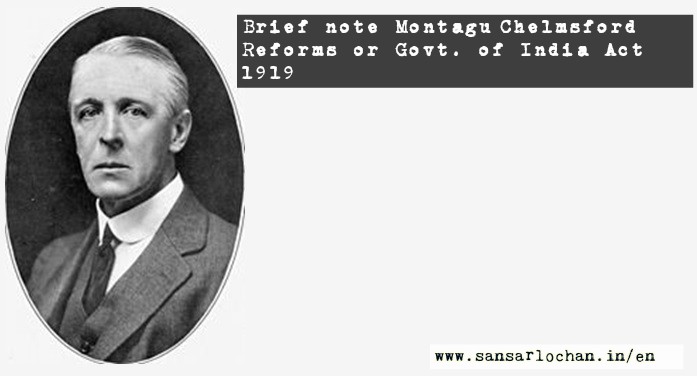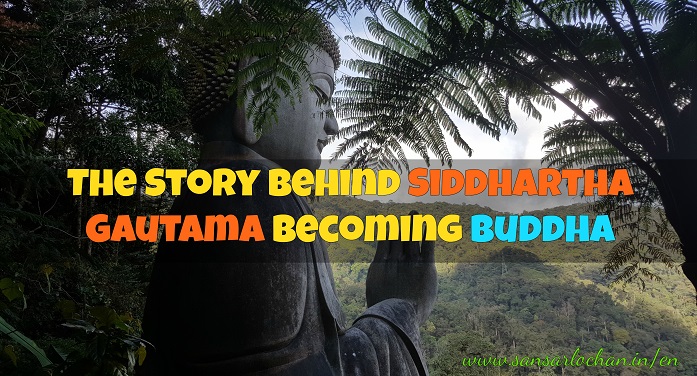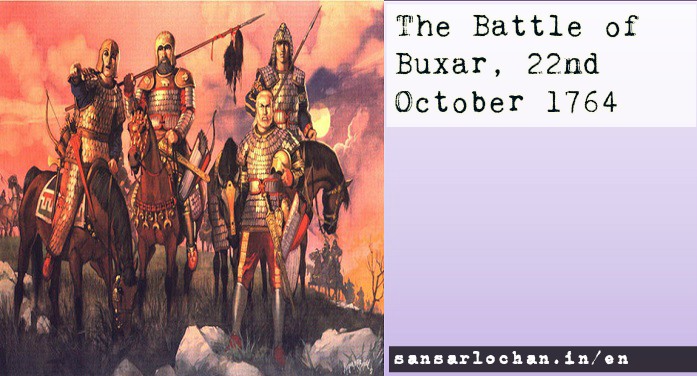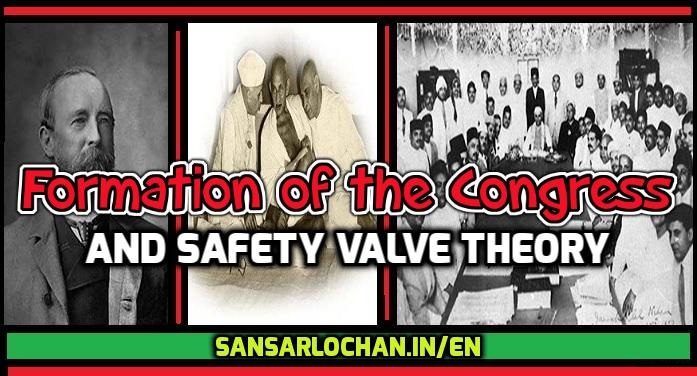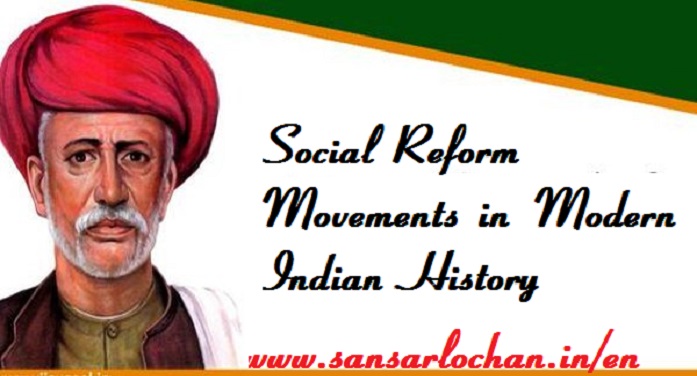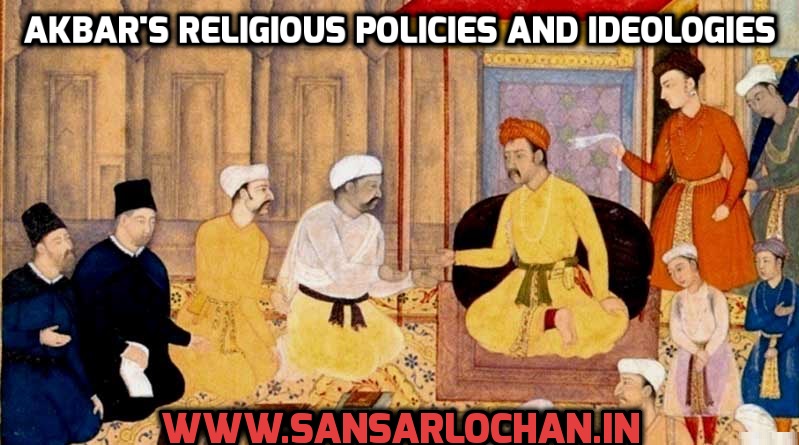The teachings of the Buddha like his Eightfold Path and Four Noble Truths were essentially simple and of a practical nature. He did not concern himself with the problems of God or the Soul, as he believed such discussions were of no help in one’s moral progress. He declared that everything was transitory or impermanent. Like other teachers of his … Read More
The Mahabharata : Its Historical Value and Story-Line
The framework of the epic Mahabharata deals with the great conflict between the Kauravas, the hundred sons of Dhritarastra, and the Pandavas, the five sons of Pandu. The Mahabharata was the final outcome of their long-standing rivalry. Brief story of The Mahabharata After the death of Vichitra-Virya, the Kuru ruler, his younger son Pandu succeeded him because his elder brother Dhritarastra, was born … Read More
Proposals of Cabinet Mission Plan May 16, 1946
Mr. Clement Attlee, the British Premier, made a declaration in the House of Commons on March 15, 1946, that a British Cabinet Delegation consisting of Lord Pethick Lawrence, Secretary of State of India, Sir Stafford Cripps and Mr. A.V. Alexander (the First Lord of Admiralty) would visit India to make recommendations regarding the constitutional reforms in India. The Cabinet Delegations … Read More
Brief Note on Montagu–Chelmsford Reforms or Govt. of India Act 1919
The Montague–Chelmsford Reforms which is also known as Mont-Ford Reforms were introduced by the British colonial government in India to introduce self-governance to India. These reforms were named after Edwin Samuel Montagu and Lord Chelmsford. The former was the Secretary fpr the State of India while the latter was the Viceroy of India between 1916 and 1921. The reforms were in shape of … Read More
The Story behind Siddhartha Gautama becoming Buddha
Gautam’s Lineage One of the most famous of the religious teachers in the history of the entire planet was Siddhartha Gautama of India. He belonged to 6th century B.C. He was born in the family of a king. As a young noble, the son of King Shuddhodana whose dominion lay on the slopes of Himalaya, Siddhartha Gautama could easily lead a … Read More
The Battle of Buxar, 22nd October 1764
Background of the Buxar War Behind the battle of Buxar, there is a tale of greed and conspiracy. Mir Qasim, the son-in-law of Mir Jafar, was an ambitious man. He entered into a covert alliance with the English offering them gold and more powers, if they helped him to capture the throne of Mir Qasim. The company and the Britishers found in … Read More
Formation of the Congress and Safety Valve Theory
Formation of the Congress and Safety Valve Theory Congress was to play an important role in the struggle of India’s independence and was formed at a national convention held in Bombay in December 1885 under the presidency of W. C. Banerjee. A. O. Hume was crucially involved in this process. Congress men were mostly form Bombay and Calcutta like Firozshah Mehta, … Read More
Social Reform Movements in Modern Indian History
Jyotiba Phule After schooling he joined his father’s trade of florist. During Mughal rule gardeners and florist enjoyed much respect and patronage, in times of peshwas they were downgraded. Caste bases gradation in society led to weak social structure and British rule came about. Phule’s biographer keer mentions an incident of his life when Phule was invited to attend a … Read More
Akbar’s Religious Policies and Ideologies
Akbar is seen as one of the greatest ruler of the Mughal dynasty in India and was celebrated for his liberal ideas and religious policies based on mutual understanding. However, a close analysis of his religious policies and ideology shows it clearly that it was not the case always. Akbar, during former years of his reign was a staunch follower … Read More
